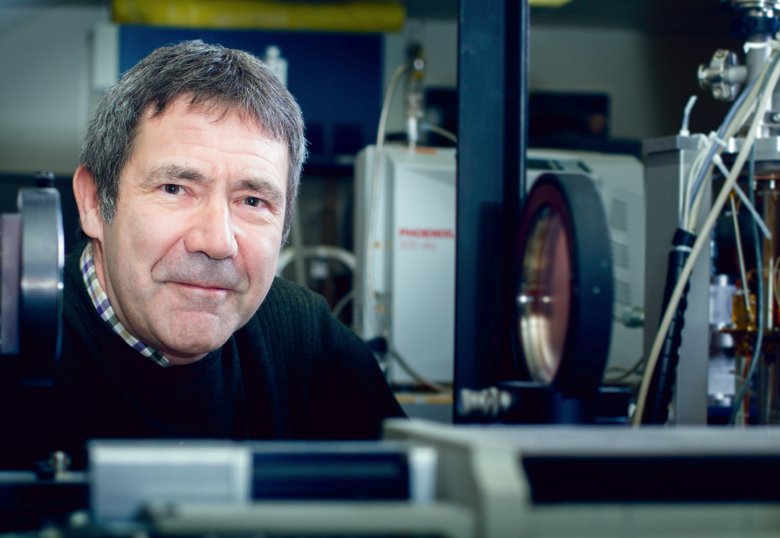The University of Lethbridge has received a $100,000 grant from the Canadian Space Agency (CSA) to train the next generation of space scientists in the development of a cryogenic post-dispersed polarizing Fourier transform spectrometer (PDPFTS). ULethbridge is one of 21 post-secondary institutions in the country to receive a grant through the CSA’s Flights and Fieldwork for the Advancement of Science and Technology (FAST) funding initiative.
The grants support the development of space technology by providing students and young researchers with hands-on experience. Projects must simulate a realistic space environment.

The main objectives of this project are to develop the world’s first cryogenic PDPFTS and to investigate the challenges associated with this concept under realistic space conditions. This new type of spectrometer has been identified by the world’s leading space agencies (ESA, JAXA, NASA) as a necessary next step to explore both galaxy evolution in the farthest reaches of our universe and star and planet formation in our own galaxy.
“Simply put, in order to achieve the potential 100-fold increase in sensitivity provided by state-of-the-art detectors requires the instrument be characterized to a correspondingly greater degree,” says Naylor.
Issues that did not have to be considered on previous missions will become important and perhaps even dominant. These issues must first be identified before they can be mitigated.
The project builds on a lengthy heritage of Canadian participation in infrared space astronomy missions. It will lead to a greater understanding of the PDPFTS concept, which will serve to reduce future mission risk and cost. It will continue to train highly qualified personnel in high-tech fields associated with space-exploration missions.
“The exemplary training environment provided by our group — five former trainees currently work in the space sector including NASA, SRON and Space-X — together with the more than $2 million in external funding that has been attracted to ULethbridge in support of the PDPFTS concept were important considerations in the CSA’s decision,” he says. “The FAST grant will help us continue to train ULethbridge students for high-tech positions in space industries not only in Canada but around the world.”
